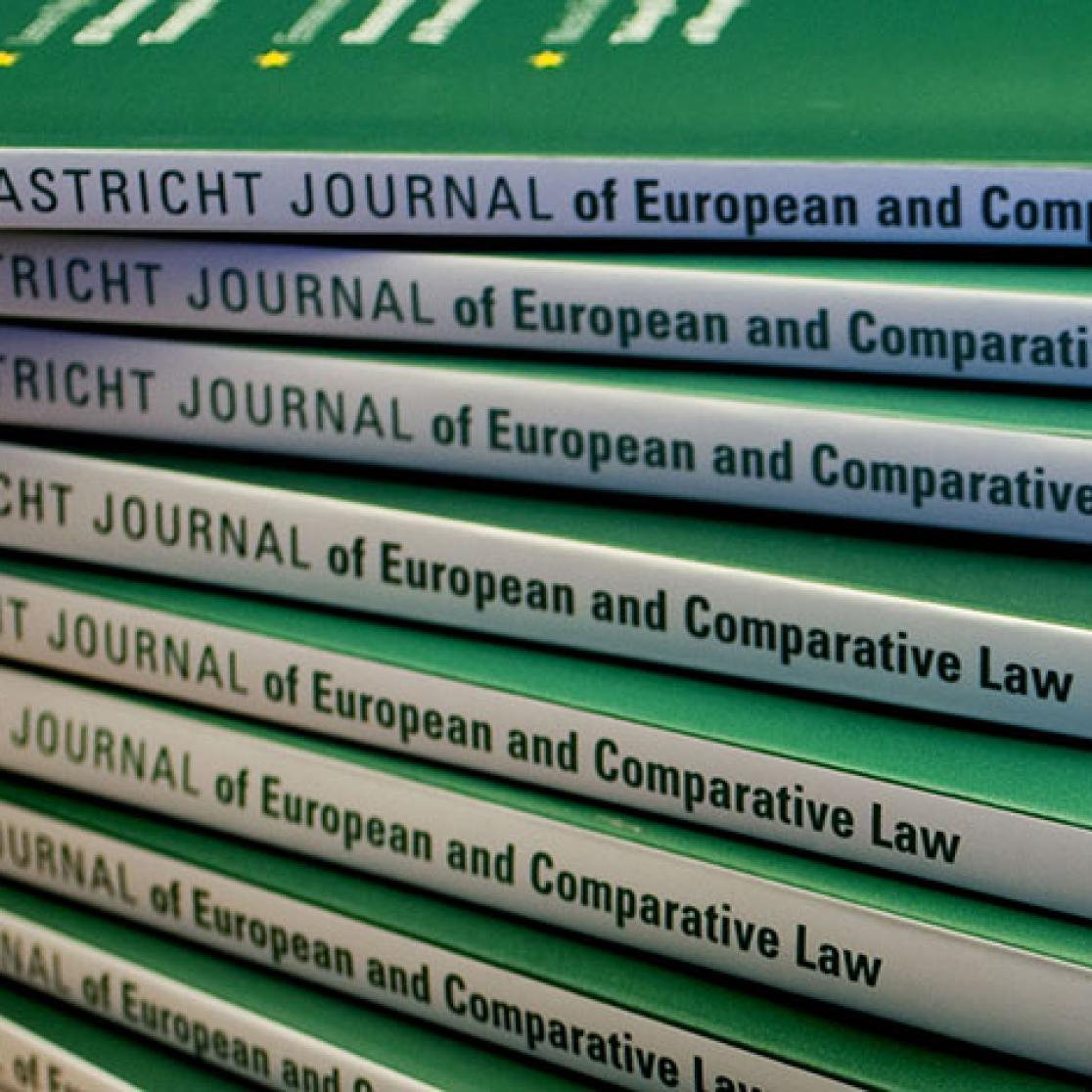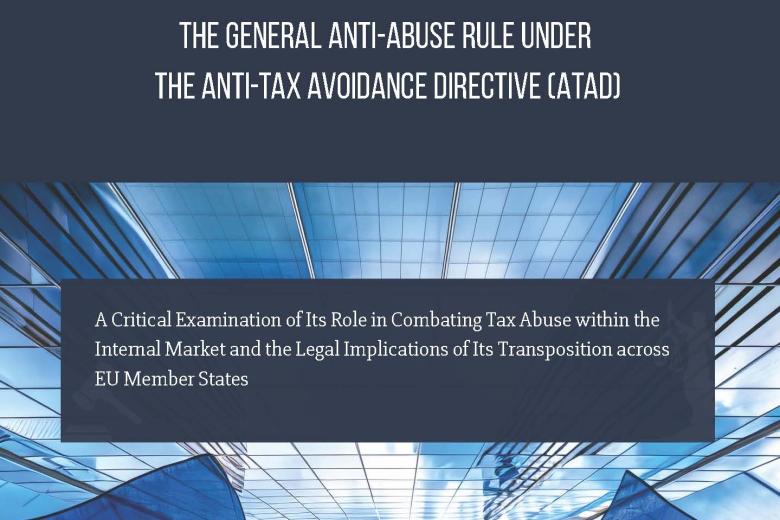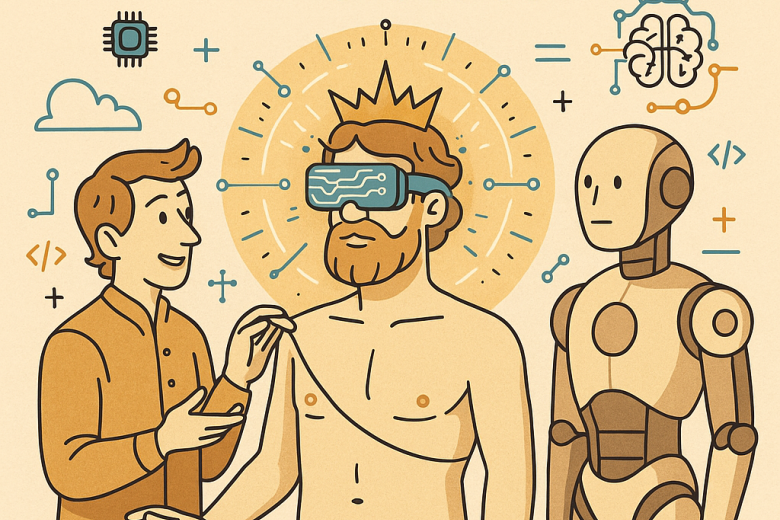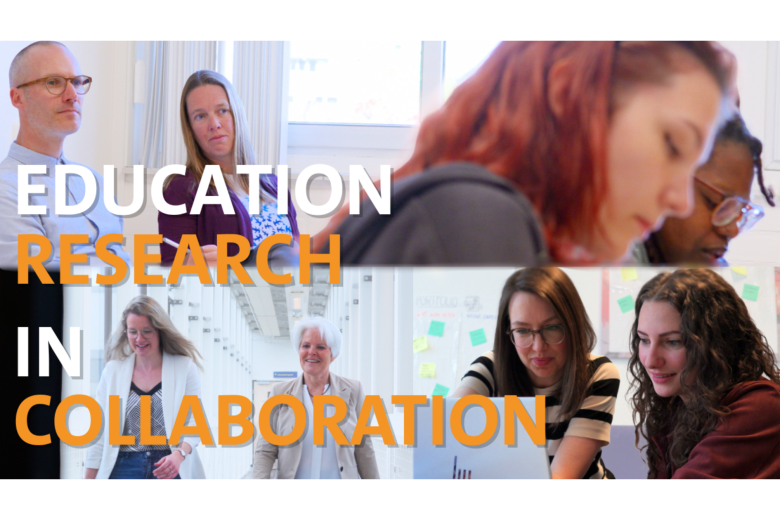Case note by MCEL members Fulvia Ristuccia and Alessandro Marcia published in Maastricht Journal of European and Comparative Law
The annotation "Trans* EU citizens: Free beyond movement? The Grand Chamber in Case C-4/23 Mirin, EU:C:2024:845", published as online-first in the Maastricht Journal of European and Comparative Law, comments on the Grand Chamber's ruling in Mirin, on mutual recognition and transcription of a Legal Gender Recognition (LGR) procedure undertaken in an EU Member State.
The CJEU's judgment establishes an obligation for the Member States to recognize the change in name and the gender transition – and, accordingly, amend civil status entries, documents and certificates – after a LGR procedure undertaken in another Member State. Mirin thus connects three different streams of case law: the one on names and EU citizenship, the one on LGBTIQA+ rights in a free movement dimension and that on transgender rights.
In the paper, Fulvia and Alessandro argue that this case opens several questions for the development of EU law. First, although Mirin is firmly rooted in a free movement language and reasoning, it seems a preparatory ruling gradually setting the scene for overcoming the free-movement-only solution stemming from the previous case law on LGBTIQA+ rights. Second, the CJEU strengthens the fundamental rights dimension of this case law. Third, they maintain that Mirin represents an occasion for the CJEU to develop a more comprehensive understanding of transgender rights, which have so far been framed in a purely medicalized definition.
The full paper is available in open access as an online-first publication here.

Also read
-
The General Anti-Abuse Rule under the Anti- Tax Avoidance Directive (ATAD): A Critical Examination of Its Role in Combating Tax Abuse within the Internal Market and the Legal Implications of Its Transposition across EU Member States
PhD thesis by Stefano Balestieri

-
Intelligence Augmentation: a technological revolution and paradoxical blessing
Is AI really intelligent, or simply a tool that helps us think differently? If facts are instantly available, do universities need to rethink what skills matter most for tomorrow’s society? Prof. Hans Savelberg argues that the idea of Intelligence Augmentation, a term that takes AI off "its divine...

-
New video series: Education research in collaboration
EDLAB has released a new three-part video series, Education research in collaboration, highlighting how researchers and teaching staff work together to strengthen education through evidence-based innovation.
